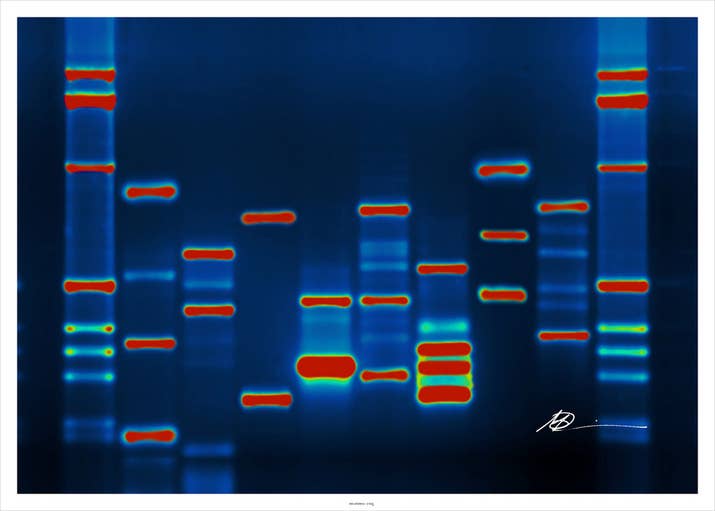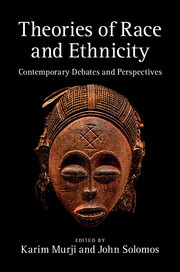How Not To Talk About Race And GeneticsPosted in Articles, Health/Medicine/Genetics, Letters, Media Archive on 2018-03-31 02:37Z by Steven |
How Not To Talk About Race And Genetics
BuzzFeed
2018-03-30

Micah Baldwin / Via Flickr: micahb37
Race has long been a potent way of defining differences between human beings. But science and the categories it constructs do not operate in a political vacuum.
This open letter was produced by a group of 68 scientists and researchers. The full list of signatories can be found below.
In his newly published book Who We Are and How We Got Here, geneticist David Reich engages with the complex and often fraught intersections of genetics with our understandings of human differences — most prominently, race.
He admirably challenges misrepresentations about race and genetics made by the likes of former New York Times science writer Nicholas Wade and Nobel Laureate James Watson. As an eminent scientist, Reich clearly has experience with the genetics side of this relationship. But his skillfulness with ancient and contemporary DNA should not be confused with a mastery of the cultural, political, and biological meanings of human groups.
As a group of 68 scholars from disciplines ranging across the natural sciences, medical and population health sciences, social sciences, law, and humanities, we would like to make it clear that Reich’s understanding of “race” — most recently in a Times column warning that “it is simply no longer possible to ignore average genetic differences among ‘races’” — is seriously flawed…
Read the entire letter here.


